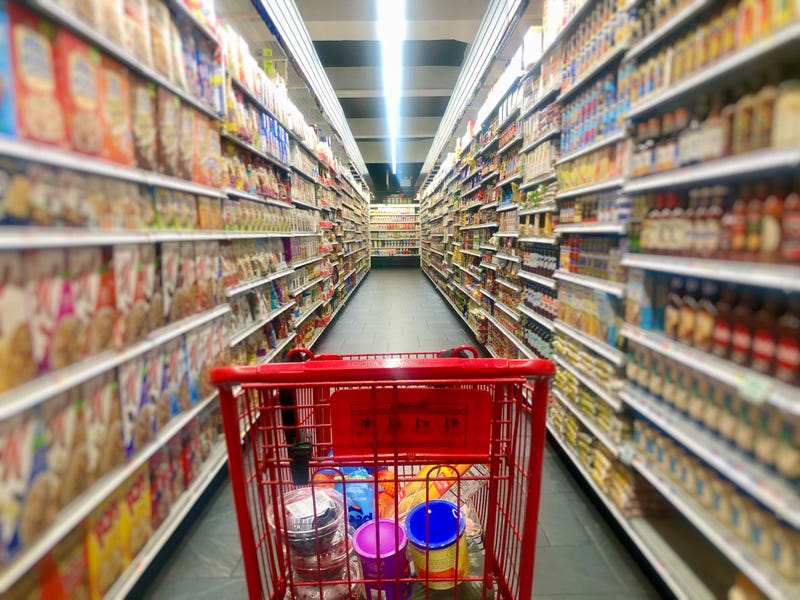
Across Minnesota, you've seen city-owned liquor stores - or muni's - and in places like Anoka, city-owned cannabis operations have begun. But what about food?
Minneapolis city leaders on Wednesday will review research on a possible municipal grocery to combat food insecurity in the city after first looking at the idea last November.
Ward 2 Councilmember Robin Wonsley talked with the WCCO Morning News with Vineeta Sawkar Wednesday morning.
"But specifically, even in Ward 2, nearly 25% of University of Minnesota students have reported experiencing food insecurity, and I think that's just completely unacceptable," says Wonsley. "And we see, you know, access to water, access to clean air as universally recognized public goods. And I believe food is no different."
Wonsley says it’s clear the private market is not meeting the city’s needs and could be a tool to combat food insecurity and food deserts. She adds that larger grocery chains that are looking at the bottom line and at profits have abandoned those areas, something that city could handle without worrying about being "profitable."
"And when residents are lacking access to these basic necessities, our city has a moral and civic obligation to act," said Wonsley. "And that's what we did, we requested a research presentation on the various tools and actions our city could take to meet this need."
The issue is also creeping into the St. Paul City Council race ahead of November. Cole Hanson is running for the open city council seat there and supports a similar idea. Hanson wrote an op-ed in the St. Paul Pioneer Press noting that there is nowhere to buy basic groceries in downtown St. Paul.
That comes after the area's only grocery store - Lunds and Byerlys - closed this past March. Hanson, who is a registered dietician, says it's a basic need for those living in the area.
"I've worked in food security, I'm a dietitian by trade, and when there's no single service option for blocks in any direction in downtown, we have to reimagine what to do to support the growth of St. Paul's downtown," Hanson told WCCO.
Downtown St. Paul in particular has struggled since the pandemic with businesses losing customers without workers returning to the city, especially with state workers being able to work from home. While that slowly changes and evolves - Gov. Tim Walz has ordered state workers back at least 50% of the time - the downtown area has become a food desert.
"I mean, it's in every other newspaper, the challenges downtown, but I think fundamentally you can't have growth without groceries," Hanson said. "And taking on the problem head on is something I'm interested in, and neighbors are asking for. Because, you know, same old is not enough for this moment."
The Minneapolis City Council's Public Health and Safety Committee meets at 1:30 p.m. Margins in the grocery business can be razor-thin which Wonsley says would require some significant city support to get up and running.
"So again, we're looking at every option that's available to us to, to see how to make this a reality," Wonsley adds.
It's been a common sight on U.S. Military bases and in Native American communities, but there have been very few efforts in American cities to launch similar government-owned grocery stores. It's come with mixed results.
Illinois started six of these grocery stores in 2012 but four of them have already closed. There are a number operating in Kansas, probably the most successful run of government-owned stores.
Closer to home, Madison, Wisconsin has plans to open a city-owned store in mid-2025 after delaying it nearly two years as part of a much larger development project, and in partnership with a grocery company.
